When selling a restaurant, do you need a Restaurant Broker
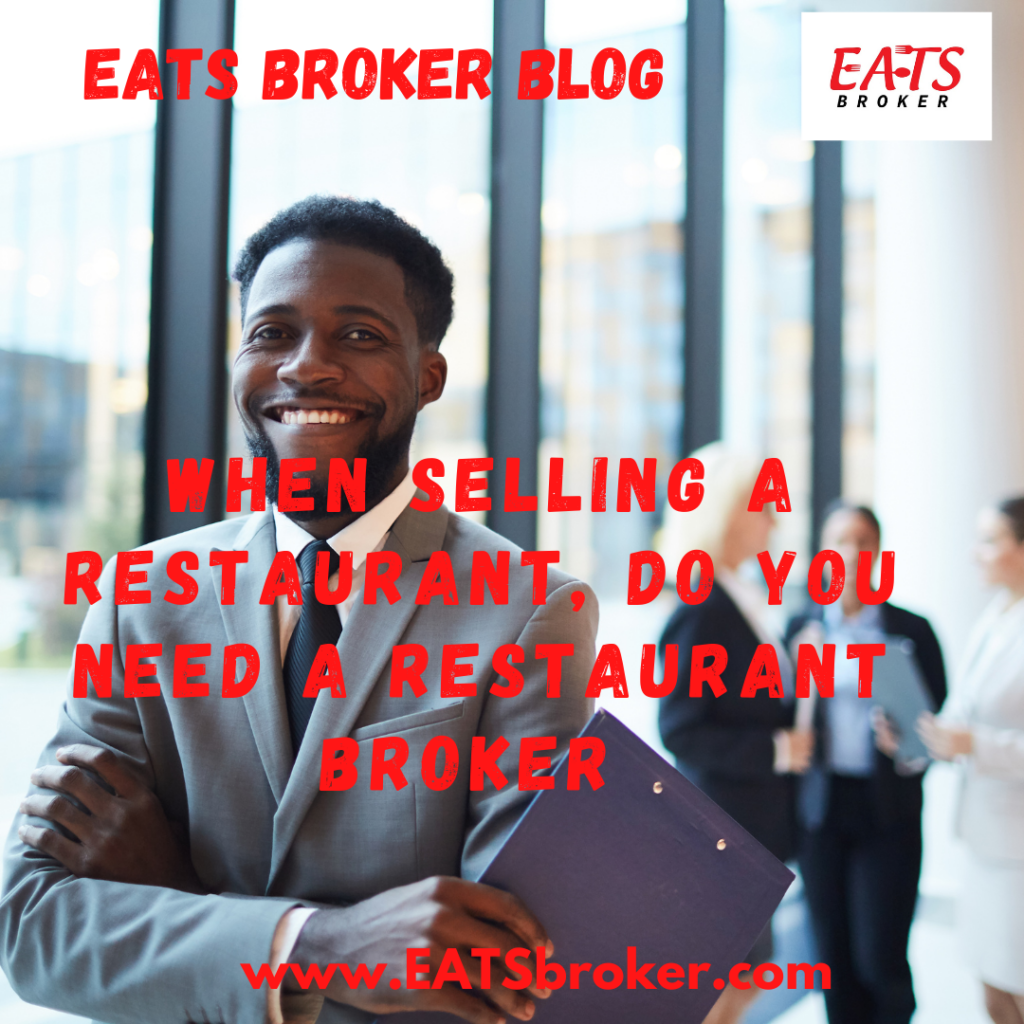
When selling a restaurant, owners must decide whether to use a Restaurant Broker or try to sell themselves. Finding the right Restaurant Brokerage to help sell a restaurant can be challenging. All Restaurant Brokerage firms are different. A Restaurant Business Broker is often a powerful asset in restaurant sales transactions. When selling a restaurant, do […]
Best way to market your restaurant for sale

The best way to market your restaurant for sale is to hire a Restaurant Business Broker, but if you decide to do a for-sale-by-owner, keep reading this blog. The most important part of marketing your restaurant for sale is getting it ready to be sold. The prep work includes creating a marketing plan, deciding on […]
EATS Broker presents at the Franchise Symposium and Trade Show
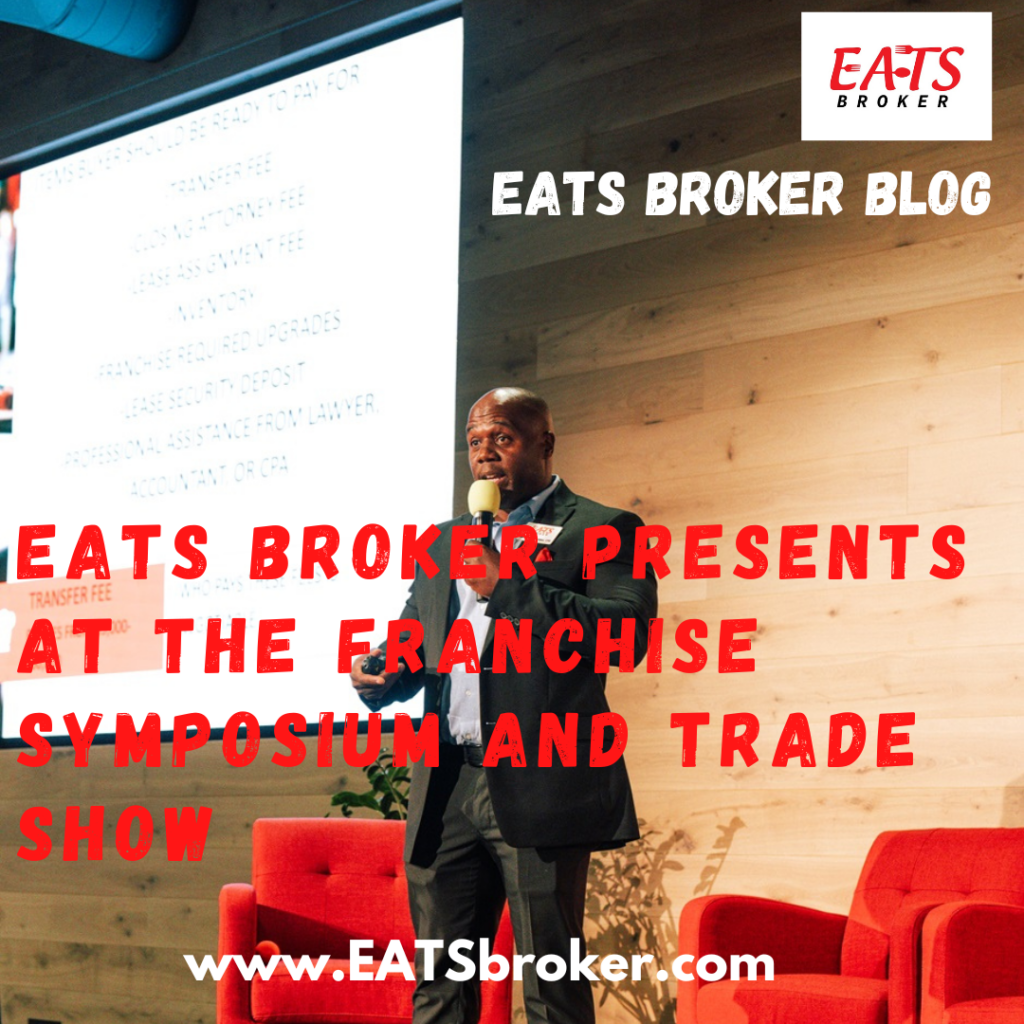
The Restaurant Broker at EATS Broker
Marquis Who’s Who Honors Dominique Maddox
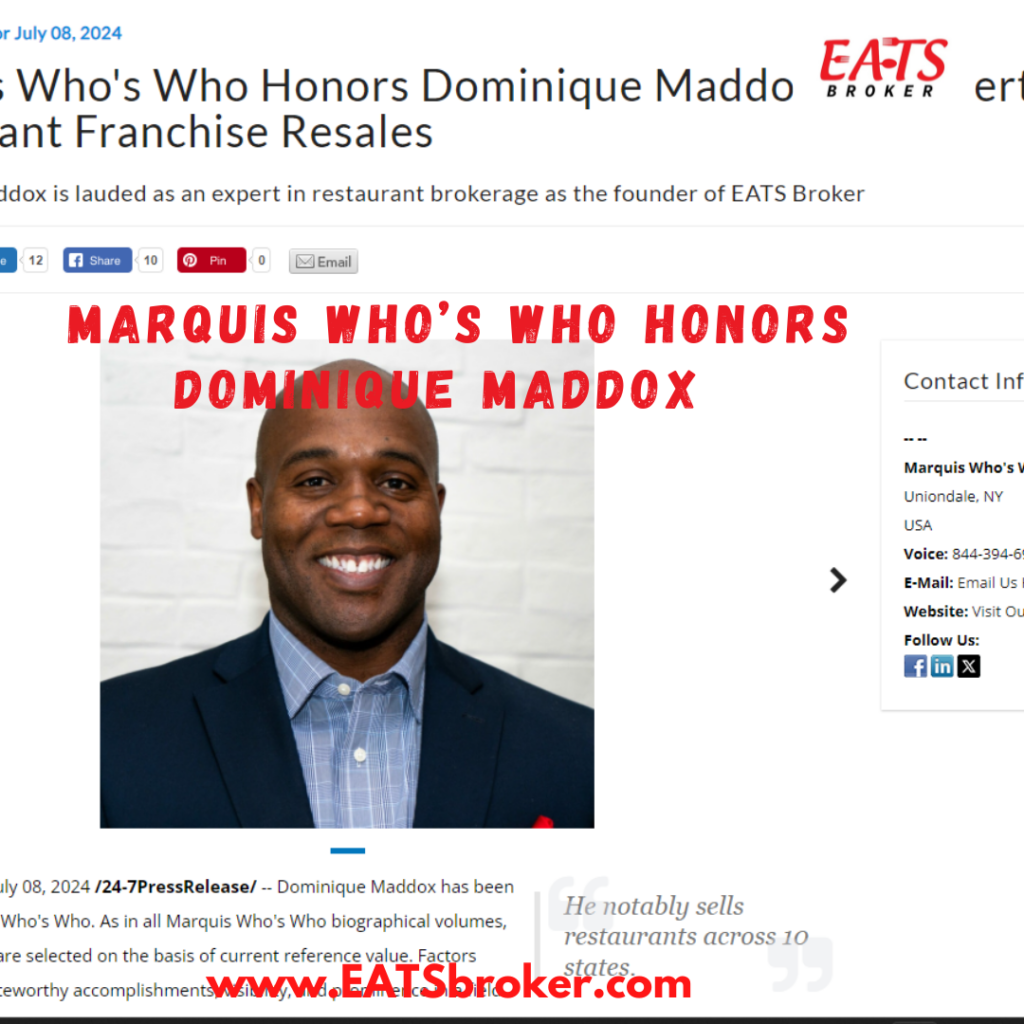
Marquis Who’s Who Honors Dominique Maddox for Expertise in Restaurant Franchise Resales. Established in 1898, Marquis Who’s Who began publishing biographical data in 1899. The publication chronicles the lives of the most accomplished individuals from every professional field, including business, entertainment, politics, medicine, law, education, art, and religion—Marquis Who’s Who has been a valuable resource […]
What is EATS Broker
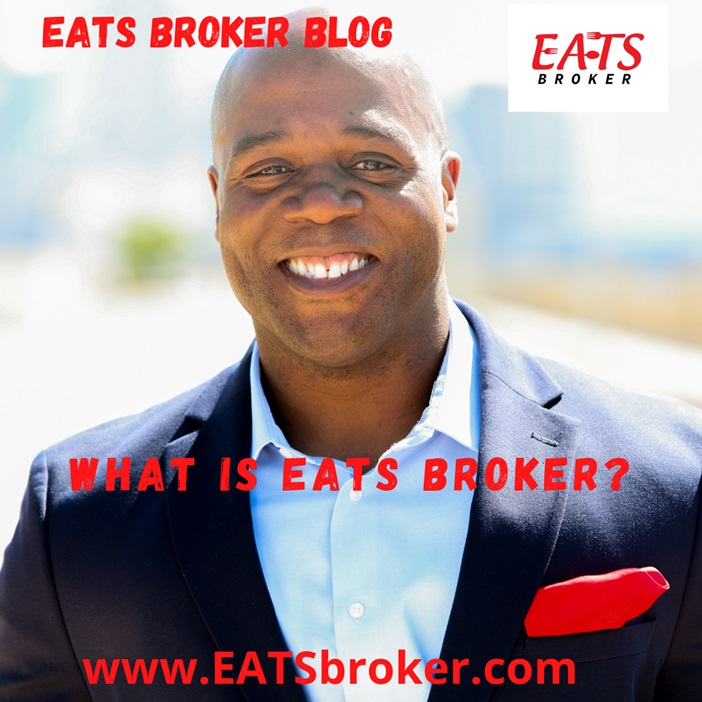
When it comes to the question, ‘What is EATS Broker? ‘, the founder and President, Dominique Maddox, is best positioned to answer. With his extensive experience selling restaurants, including seven years with one of the nation’s largest restaurant brokerage firms, he is uniquely positioned to lead the Restaurant Brokerage. EATS Broker stands out as a […]
Why Restaurant Resales Fail-Restaurant Broker Thoughts
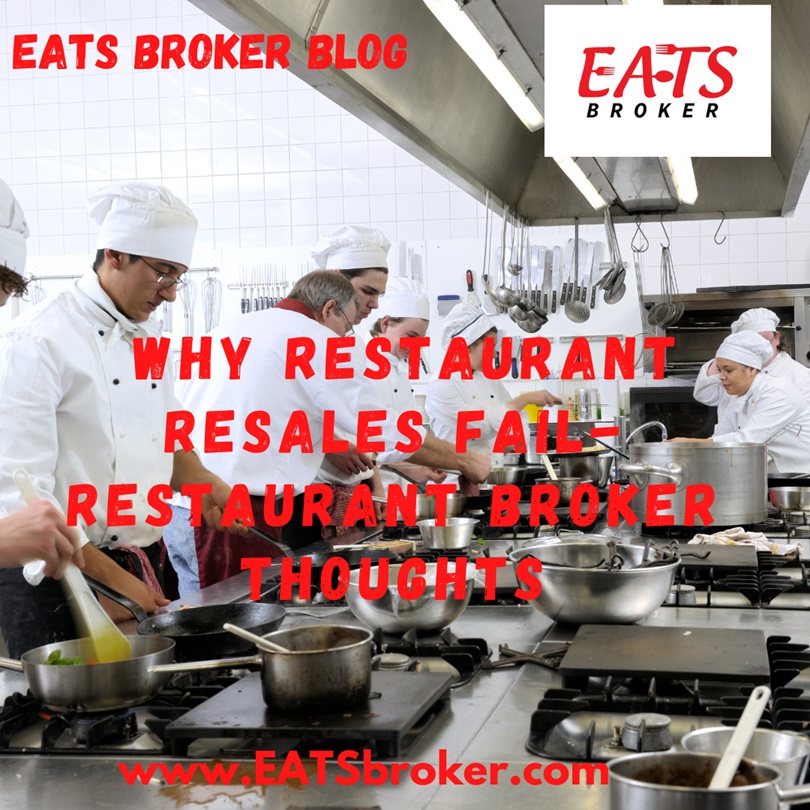
This blog is the first time EATS Broker shares its thoughts about why Restaurant Resales fail in today’s market. Before restaurant owners open the doors and go through the excitement of opening a new restaurant, they should have an exit strategy. H.G. Parsa, an Associate professor of hospitality management at Ohio State University, conducted a […]
EATS Broker joins the Expert Panel Discussion
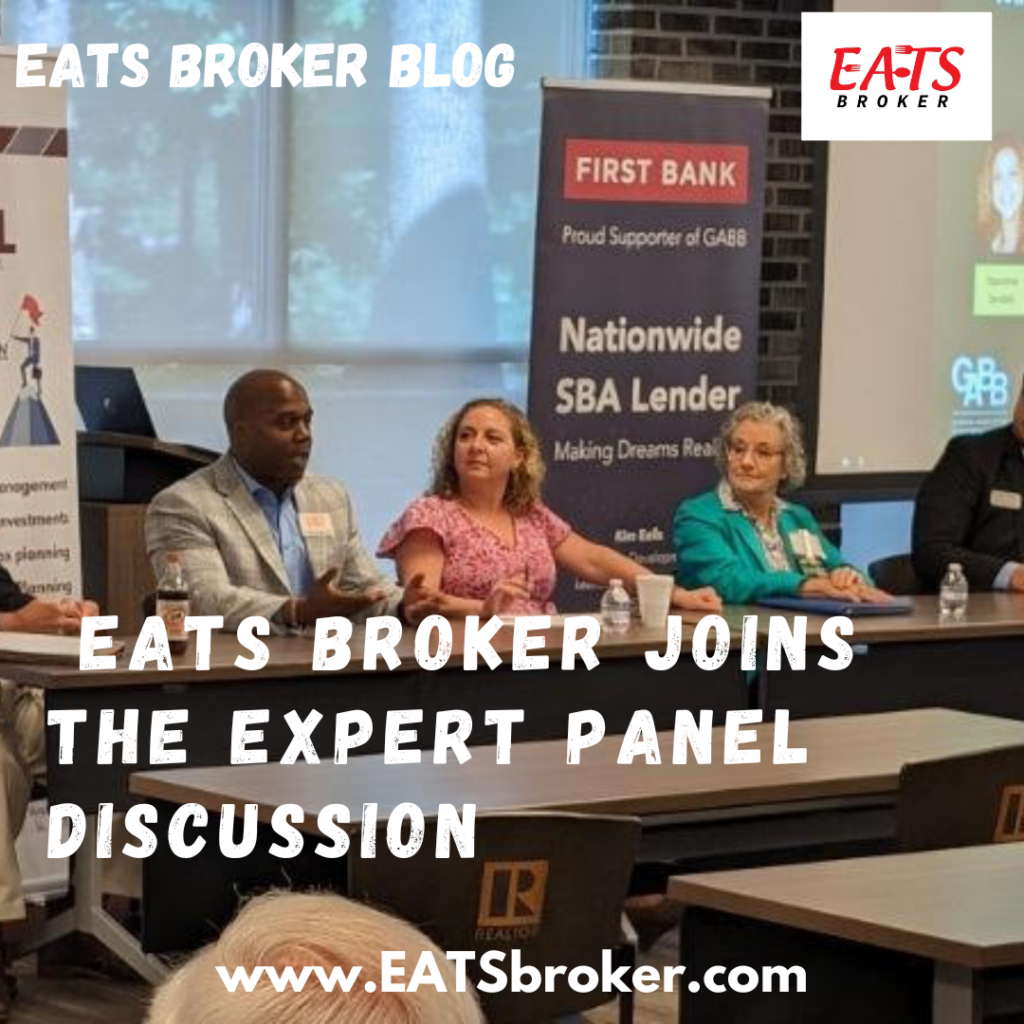
EATS Broker participated in the highly informative Expert Panel Discussion at the Georgia Association of Business Brokers (GABB) May General Meeting. The panel, consisting of seasoned Business Brokers, shared best practices and answered commonly asked questions about business brokerage. The event was designed to allow new and experienced business brokers to ask seasoned brokers questions […]
Emerging Restaurant Brands- The challenges of selling a restaurant resale
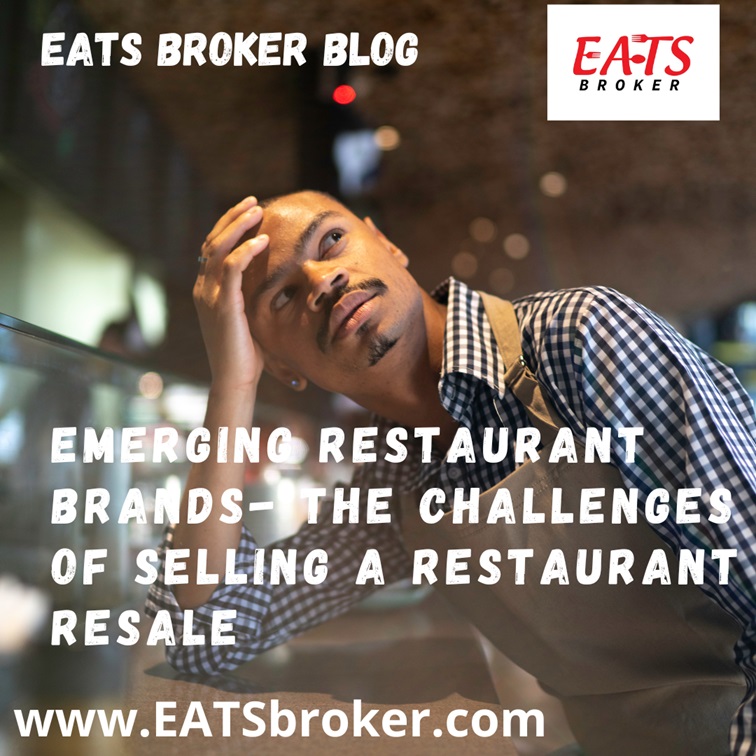
Selling a Restaurant resale, especially for an emerging brand, can present many challenges. An Emerging Restaurant Brand can be defined as a Franchise Brand with less than 100 units. Emerging restaurant franchise brands are newer ventures still enduring growing pains. The Restaurant Business Broker knows that selling an Emerging Restaurant Brand in a new territory […]
Buying an existing restaurant in 2024
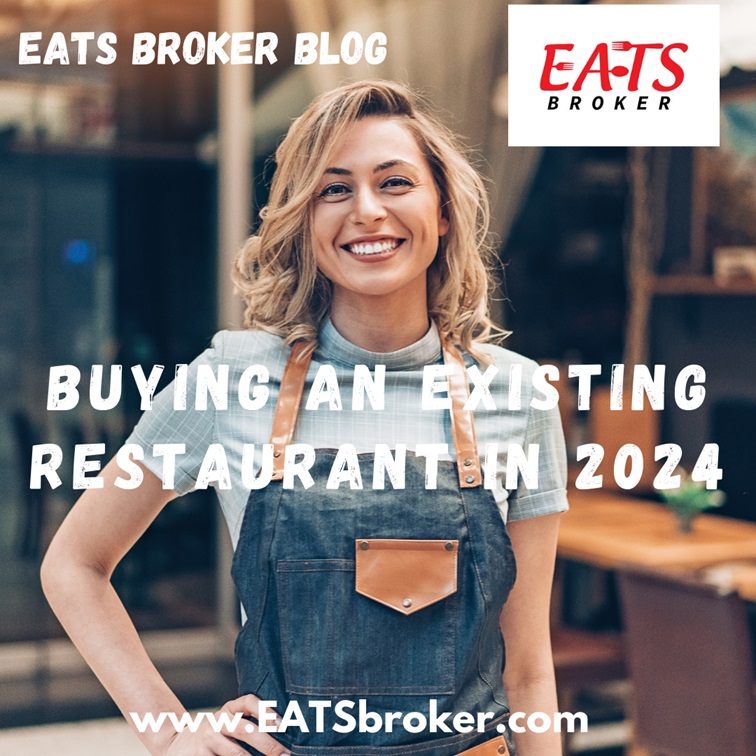
Buying an existing restaurant in 2024 can be a great way to start the year. Buying a restaurant already established and built out can be a cheat code to success. Franchise Restaurant concepts are searching for existing restaurant space to convert to new concepts to save money on the initial build-out cost. The Restaurant Broker […]

